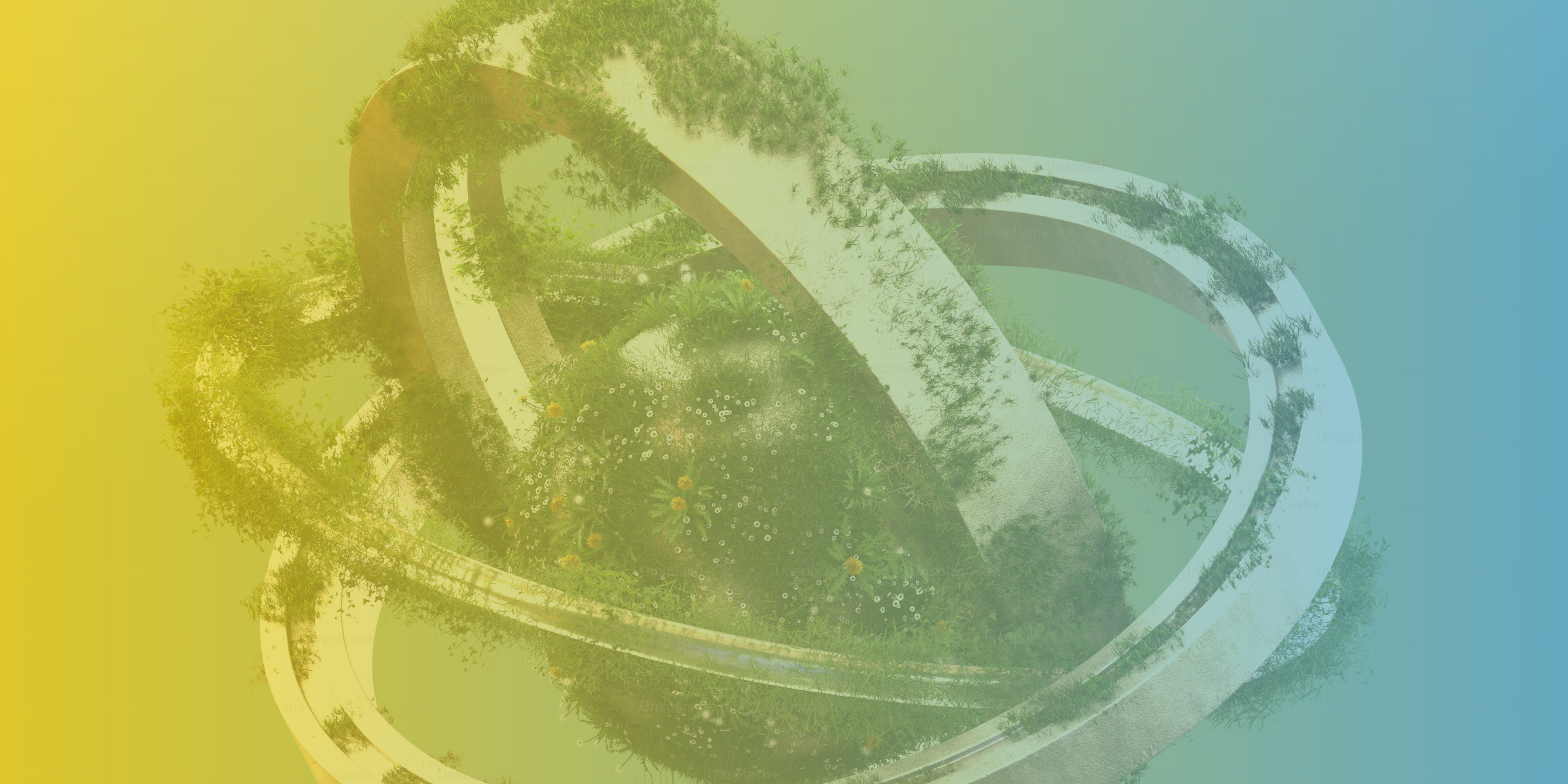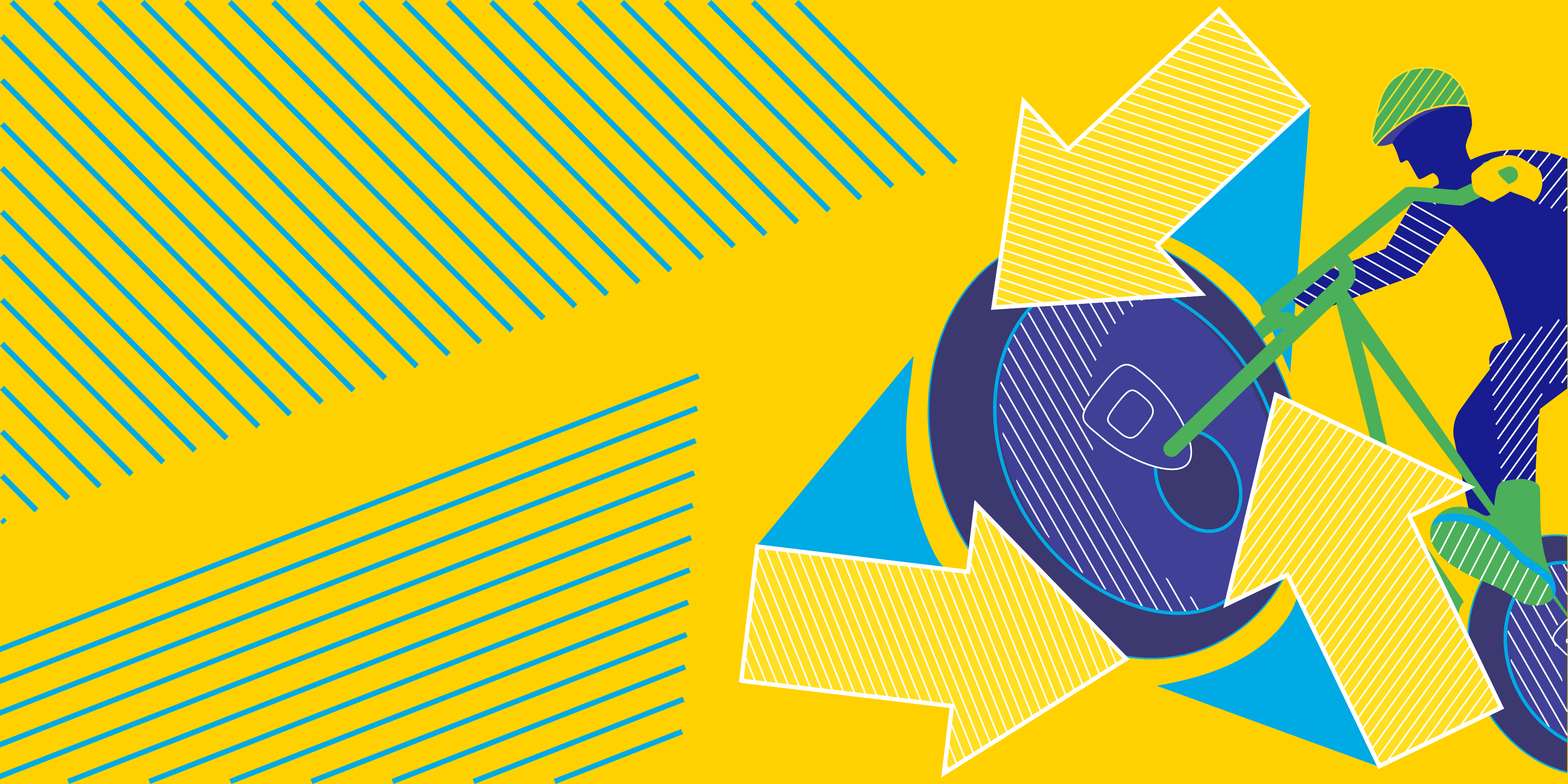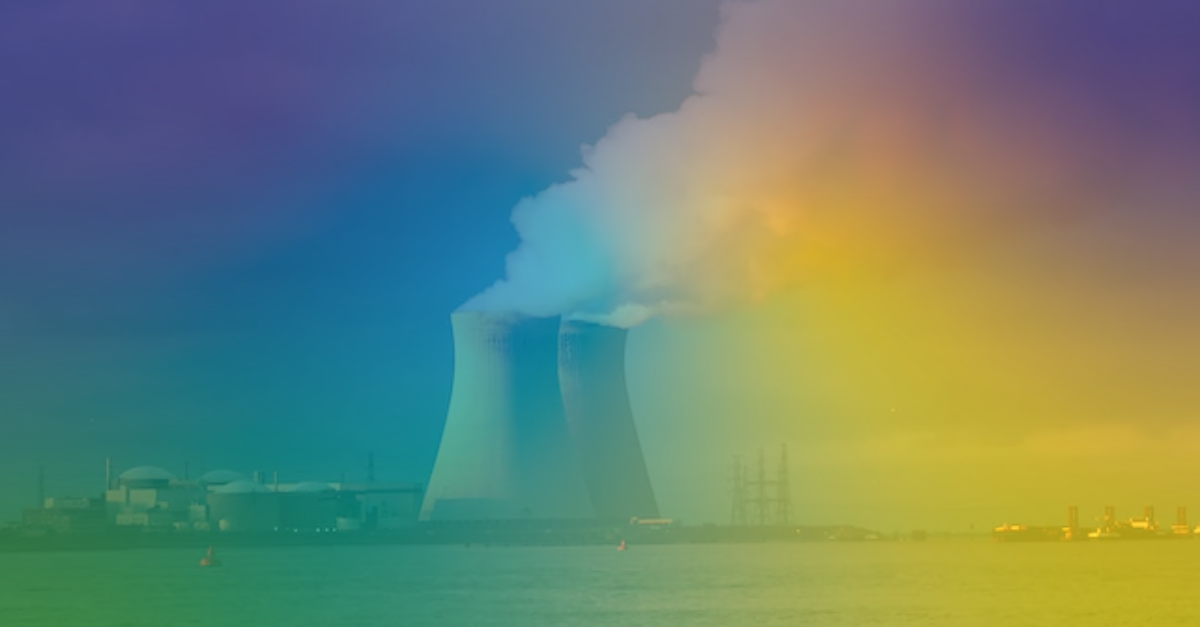The exploration of alternative energy sources and projects has been all the ‘buzz’ again, particularly in response to challenges Eskom continues to face and the looming reality of further loadshedding across the country, as we head into the winter months.
But, to really explore the opportunities that waste can present as an alternative fuel source for energy, it’s important to first understand the current landscape and that innovative and effective solutions for waste management are fundamental to the contribution and achievement of carbon emission reduction targets and future sustainability in the country.
Curbing the looming waste crisis
Current statistics highlight that South Africans reportedly generate 108 million tonnes of waste per annum, where only 10% of this waste is currently being recycled and the remaining 90% disposed at landfill sites, which are fast approaching full capacity.
In efforts to not only curb the potential looming waste crisis, but also to institute enforceable mechanisms to drive change in behaviour, the South African Government has already released and continues to release changes to the National Environment Management: Waste Act of 2008 – aligned to the theme of diverting waste from landfills.
These changes are also in line with global trends of zero waste to landfill and promoting ‘circular economy’ thinking – which aim to challenge the status quo and encourage a mind-set change around waste and waste management.
A circular economy, for instance, is a reformative system in which resource input, waste, emission and energy leakage are minimised. This means eliminating unnecessary wastage and waste generation that would eventually be disposed of at a landfill site. This can be achieved by optimising resource efficiency through sustainable product designs, recovery, re-use and recycling of products, or energy production through the systematic approach of the waste hierarchy.
With this in mind, it should be stated that as there are already some public and private sector led zero waste to landfill interventions and initiatives underway across the country, these may not leave sufficient remaining waste available to justify the spend in developing a standalone waste-to-energy micro-generation project to serve a singular site. However, there is one possible structure that can be investigated in the South African, and African environments…
Pooling non-recyclable refuse for derived fuel micro-generation
While one site alone – for example, an industrial site like a mine - may not produce sufficient quantities of suitable waste to make the business case for developing a waste-to-energy power project, there is perhaps great opportunity for a collective of mines and/or other industrial businesses, as well as the local municipality - within a specific geographical area of operation, to potentially pool their suitable non-recyclable/recoverable (i.e. recoverable through conventional means) wastes to such an end.
Successfully implementing a refuse derived fuel (RDF) plant will take buy-in and collaboration between public and private sector as well as the surrounding community; though there are a number of potential benefits to be gained, including, but not limited to:
- Waste is diverted from landfill, which saves landfill space while reducing negative environmental impacts and greenhouse gas emissions- - Energy value is derived from waste through alternative uses
- - RDF energy is considered green energy that yields carbon credits
- - Job creation through resource recovery
- - Lower ash content than conventional fuels (e.g. coal), reducing particulate emissions
Though, again, the business case will still be very dependent on the available volumes of suitable waste to sustain production and power outputs – this model of project is perhaps more feasible for remote and isolated areas that have little access to the national power grid or sufficient waste removal support services. Additionally, in such circumstances there may be a business case for exploring potential biogas projects from human waste and other biodegradable food wastes. Nevertheless, the viability and tangible benefits would depend on the volume of waste actually generated, and whether or not one could identify a bona fide use for the biogas generated.
We are inspired everyday by how perceptions of refuse and waste continue to change and evolve as worldwide Governments, industries and citizens, alike, are pushing the hand of the waste industry to innovate around effectively repurposing as much waste as possible into something useful.
To look at it within a global perspective; the waste-to-energy market is expected to grow from 28.4 billion U.S. dollars in 2017 to almost 43 billion U.S. dollars in 2024, representing a massive economic opportunity to establish new industries and/or revenue streams too.
It’s not surprising then that the waste–to–energy agenda in South Africa – and Africa for that matter - is one of the most prominent aspects at the forefront of waste management leadership today. It goes far beyond traditional recycling and – with a vision for integrated and sustainable solutions at the core of our business – we are proud to be able to bring advanced technology and solutions to South Africa’s shores; to ensure waste-to-energy opportunities can be realised locally.
Sign up for priority access to the latest in waste stream innovations and legislation changes.

This article has also been published in the below publications:



SUBMIT YOUR COMMENT